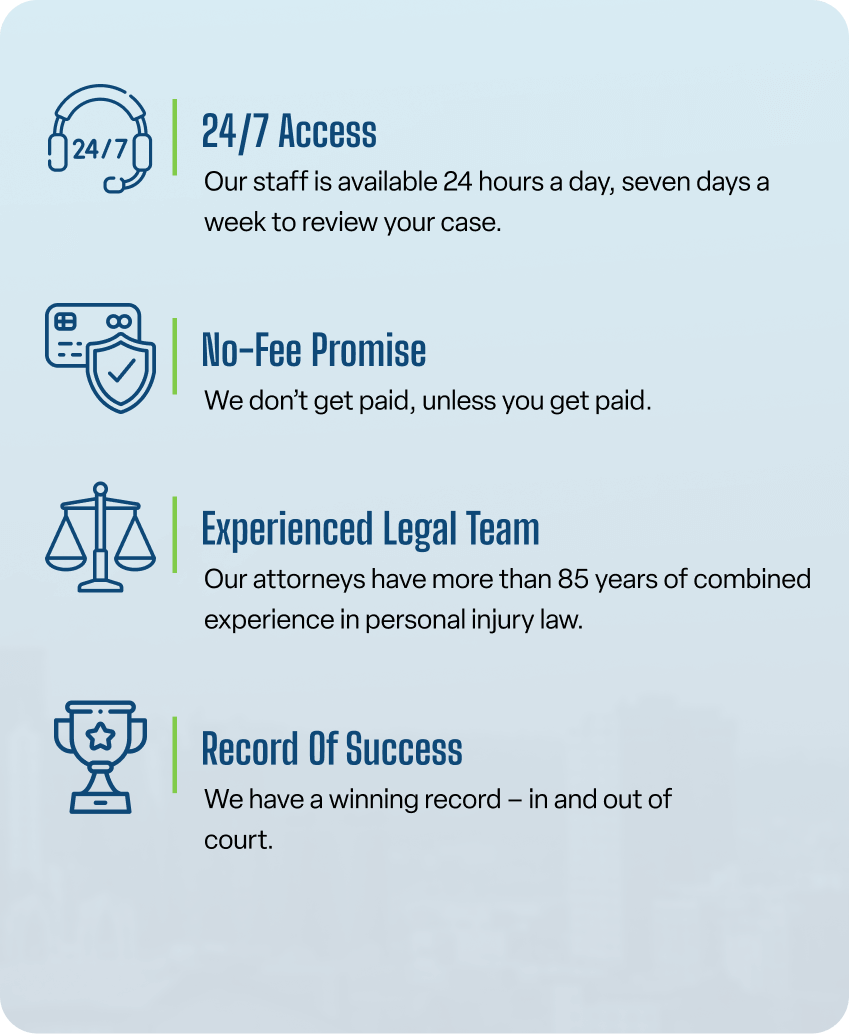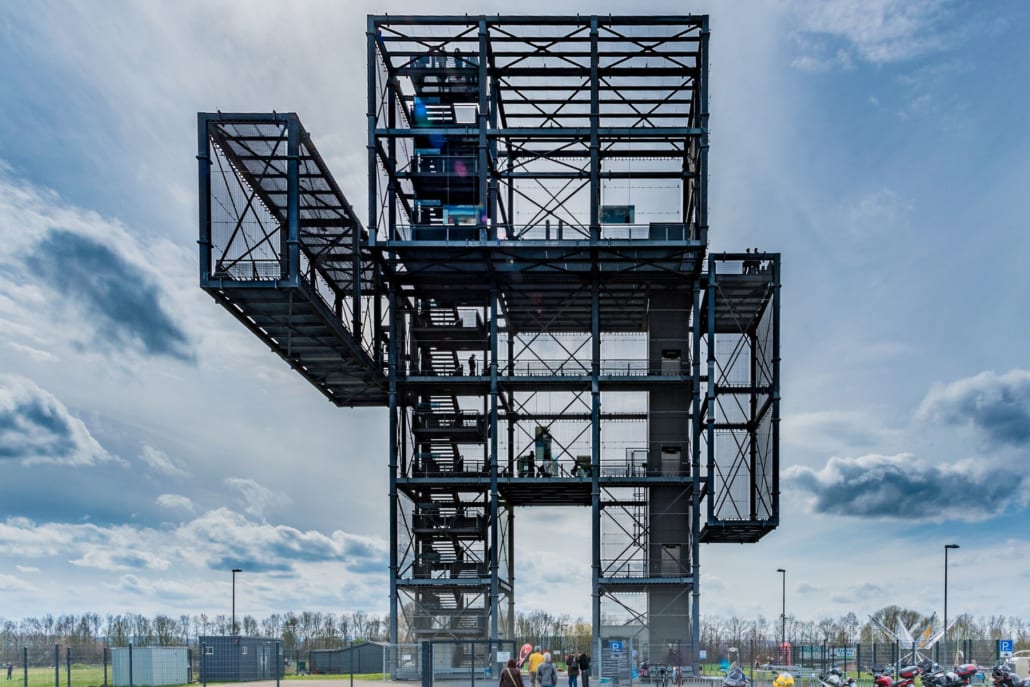- 1
- 2
- 3
- …
- 12
- Next Page »
Available 24/7
(800) 708-6000
Blog

Contact Us Today
Get a free case review
Call: 800-708-6000 for a free and confidential consultation with an experienced attorney at the Phillips Law Firm.
For e-mail inquiry, please fill out and submit the form below.

